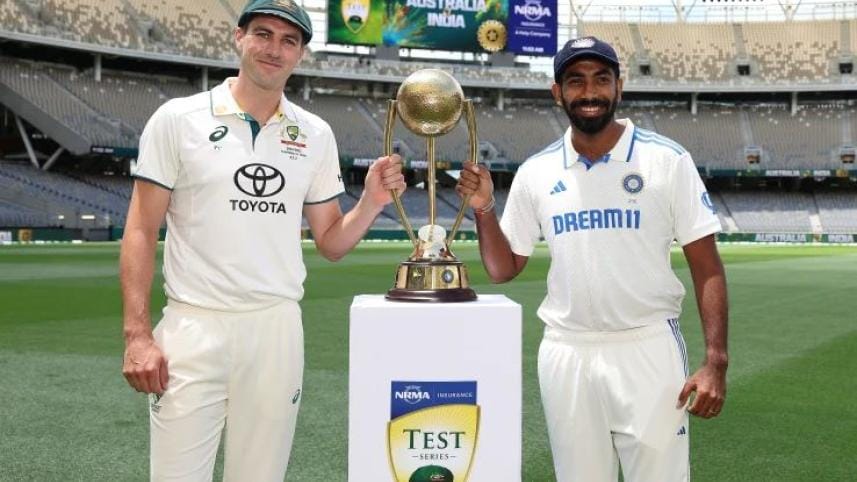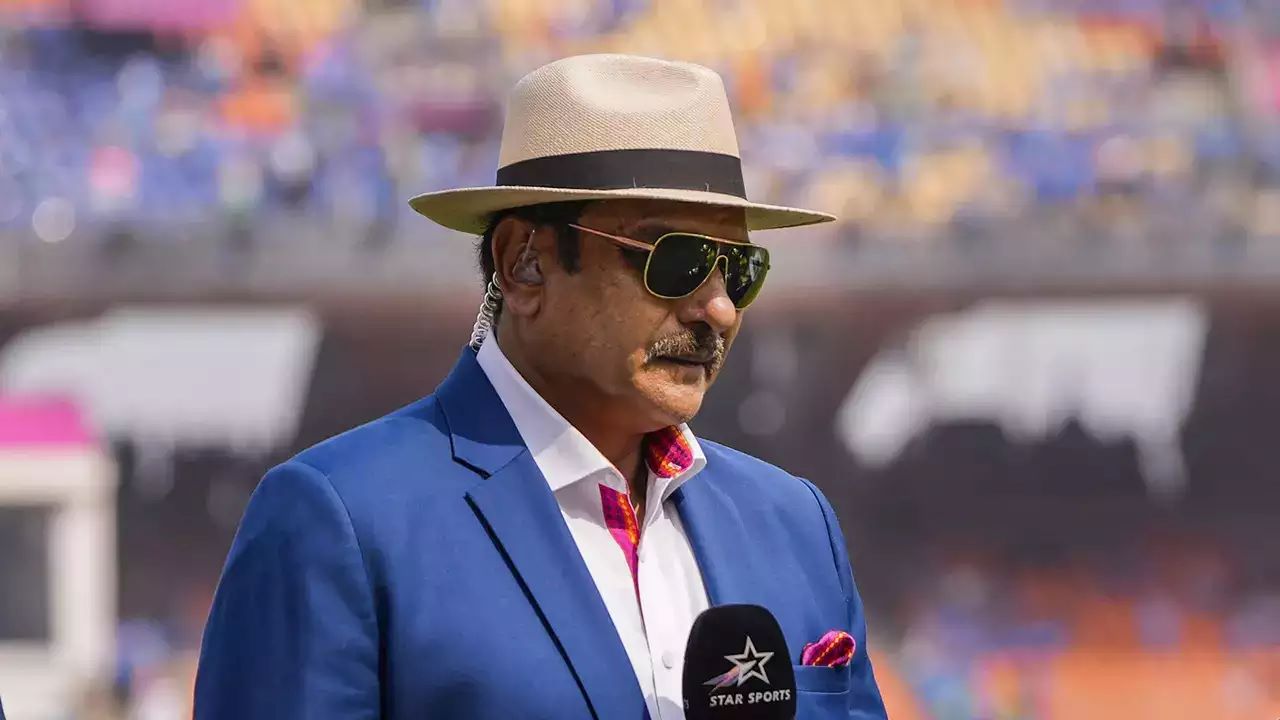A talk for two-tier Tests reportedly in progress

International Cricket Council (ICC)'s new chair Jay Shah are in talk with Australia, England and India to split Test cricket into two divisions so the big three nations can play each other more often in series like the just-completed Border-Gavaskar blockbuster, according to Sydney Morning Herald reports.
Shah is all set to meet with three respective boards high-ups later this month. According to two sources with knowledge of talks, a two-tier structure for Test cricket is firmly on the agenda.
Their discussions have been given further impetus by enormous crowds and broadcast audiences for Australia's five matches against India over the past two months, the fourth-best attended series ever in this country and reportedly the most-watched Test series ever played.
Any plan for a move to two divisions in Test cricket would kick in after the end of the current Future Tours Program in 2027, a year which will also feature a 150th anniversary Test match between Australia and England at the MCG.
Former India coach Ravi Shastri raised his voice in favour to two-tier Tests.
"I've been a firm believer in that if you want Test cricket to survive and be alive and thriving, I think that's the way to go," Shastri said on SEN during the SCG Test. "The top teams play against each other more often, so there is a contest; you want contests."
The concept of two tiers in Test cricket was previously floated at ICC level in 2016, with a model where seven nations would compete in the top division and five in the second rank.
However, it was ultimately shelved when the BCCI heard the protests of smaller nations, who argued that their hard-won right to enter the exclusive club of Test-playing nations would be degraded by the structure.
At the time, the BCCI, Sri Lanka Cricket, the BCB and Zimbabwe Cricket opposed the proposal, while it had support from the boards of Australia, England, South Africa, New Zealand, Pakistan and West Indies.
"The BCCI is against the two-tier Test system because the smaller countries will lose out and the BCCI wants to take care of them," then-BCCI president Anurag Thakur said in 2016. "It is necessary to protect their interests.
"In the two-tier system, they will lose out on a lot, including revenue and the opportunity to play against top teams. We don't want that to happen. We want to work in the best interests of world cricket and that is why our team plays against all the countries."
Eight years later, however, money is talking ever louder to the big three boards, with the Indian broadcaster Disney Star seeing a growing gap between the marquee series and others. Australian broadcasters Foxtel and Seven are also eager for more matches involving India and England.



 For all latest news, follow The Daily Star's Google News channel.
For all latest news, follow The Daily Star's Google News channel. 
Comments